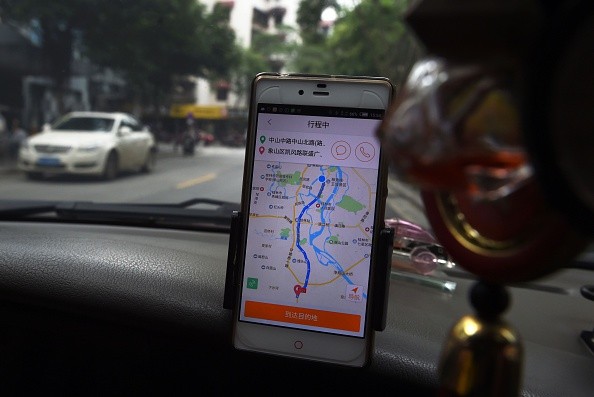According to a source in Didi Chuxing, Inc., the Chinese company that bought Uber China for $35 billion, Uber investors will be left with a 20-percent stake.
Uber's backers expressed concern over the year-long struggle to win the Chinese market. The company spent an estimated $2 billion in ride subsidies.
The final blow to Uber's marketing strategy happened when the government banned transport companies from giving free rides.
Uber's CEO Travis Kalanick made an announcement that the company was going to form a joint venture with Didi a few days after the government's announcement. Anthony Tan, CEO of Grab, said that this was Kalanick's way of surrendering to Didi.
Zennon Kapron, managing director of Shanghai-based consulting firm Kapronasia, said, "The road to China has been littered with corpses of foreign technology companies that have tried to operate here unsuccessfully."
He also said that Uber's defeat in China "could have been worse."
The fierce competition between Uber and Didi started last year when the Chinese taxi company merged with top internet companies Alibaba and Tencent in attempts to loosen Uber's grip in the transport industry.
Didi then announced that they will be giving 1 billion yuan worth of free rides. Kalanick reacted by gathering $1 billion worth of pledges.
It was the Chinese transport service provider that gathered the most backers and gathered as much as $3 billion from Alibaba, Tencent, Japan's SoftBank Group Corp. and Ping An Insurance (Group) Co.
The amount of investment behind Didi is immense. The company declared a balance sheet worth $11 billion and has 300 million users located in 400 cities.
Despite the buyout, experts see that this is not the end of the line for Uber.
Andy Mok, Managing Director at Red Pagoda Resources in Beijing, said, "They want to be a Cisco of the physical world, the network that routes physical people and objects. In a way, this frees up space for more technology development."



























